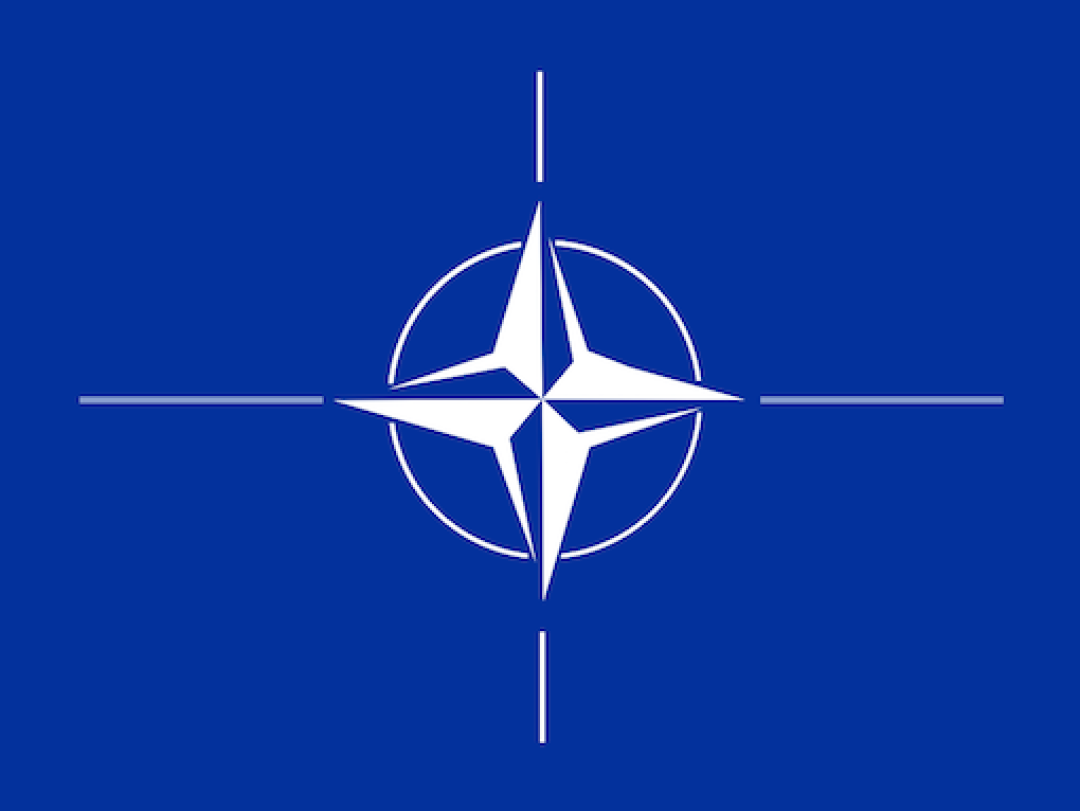
Rasmussen on the future NATO-membership of Ukraine and Georgia

On the 70th anniversary of the military alliance, former secretary general of NATO, Anders Fogh Rasmussen, reflected on the alliance’s achievements. NATO enjoys the status of the most successful peace project and it provides hope to the aspiring states through its open door policy as well as processes of democratization and liberalization, highlights the former secretary general.
He warns NATO to have a more proactive policy towards Ukraine and Georgia, stating that whenever NATO has dithered, Russia moved in. He named the proposed Membership Action Plan (MAP) to Georgia and Ukraine in 2008 as an example, which was postponed to next year due to the insistence of France and Germany. A few months after NATO's decision to postpone, Russian President Dmitry Medvedev ordered the invasion of Georgia and the occupation of Abkhazia and South Ossetia, which still continues.
The Membership Action Plan (MAP) is a NATO programme of advice, assistance and practical support tailored to the individual needs of countries wishing to join the Alliance, but the countries which have territorial disputes hardly fulfill the criteria for eligibility for the MAP. The Kremlin capitalizes on such situations creating “frozen conflicts” – disputes over sovereignty that begin with violence but then settle into an entrenched stalemate – to wield an effective veto over further NATO expansion, warns Rasmussen. He highlights that the events in Ukraine from 2014 onwards mark the perfect example of such a strategy. After Yanukovich had fled the country and Ukraine’s policy became pro-western, Putin sent Special Forces to annex Crimea, which was soon followed by Russian incursions into the Donbas region of Eastern Ukraine, where the conflict persists to this day.
In order to prevent such scenarios in the future, the NATO member states should move beyond offering warm words about the democratic will of the Georgian and Ukrainian people, and acknowledge the disruptive role that the Kremlin's paranoia is playing in the accession process. The Kremlin’s aim is to hold these countries back until their progress toward reform starts to slip.
As an important milestone, Rasmussen suggests offering Ukraine an Enhanced Opportunities Partnership, such as what Sweden, Finland, and even Georgia already have. This would formalize Ukraine’s relationship with the alliance, and provide a stepping stone to MAP and full accession. At the same time, NATO needs to increase its sanctions on Russia to end the conflict in the Donbas region, as well as to return the territories of Abkhazia and South Ossetia back to Georgia.
As an example how that would be possible to execute, Rasmussen suggests the Cyprus model of EU accession. Cyprus is a full member of the EU and the eurozone, but EU law has been suspended in the parts of the island that the Cypriot government does not control. Likewise, NATO could provide security guarantees for all of the territory still controlled by the Georgian and Ukrainian governments, concludes the former secretary general.
See Also


Mirzoyan Meets US Deputy Assistant Secretary Joshua Huck

Azerbaijani President Holds Talks with UAE and German Business Delegations on Economic Cooperation

Grigoryan Confirms Armenia’s Readiness to Dissolve OSCE Minsk Group Upon Peace Treaty Signing

Azerbaijani Official Warns of Ecological Risks to Caspian Sea, Similar to Lake Urmia and Aral Sea

